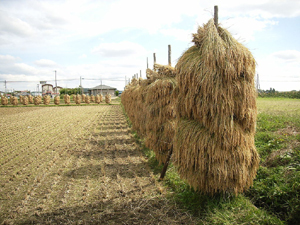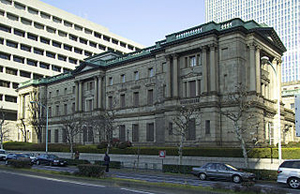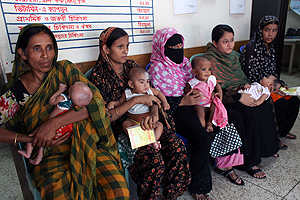
Matthias Helble
Matthias Helble is an Economist in the Asian Development Bank’s Economic Research and Regional Cooperation Department and an Adjunct Fellow at ADBI.

- Industry and trade

- Economics, Finance sector development

- Industry and trade

- Finance sector development





